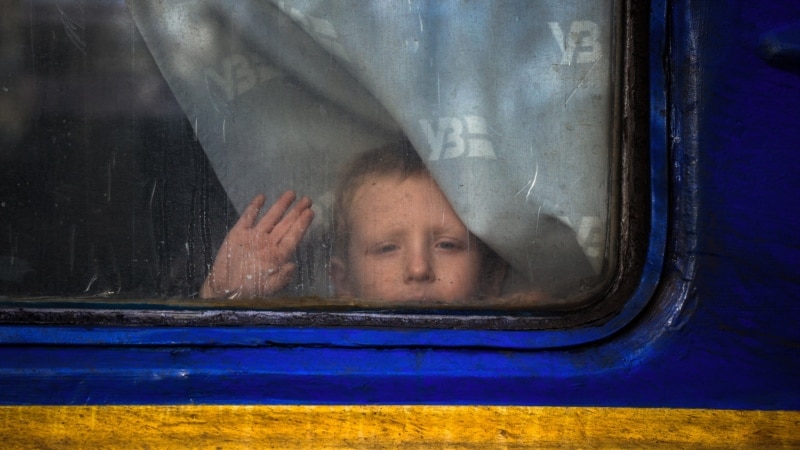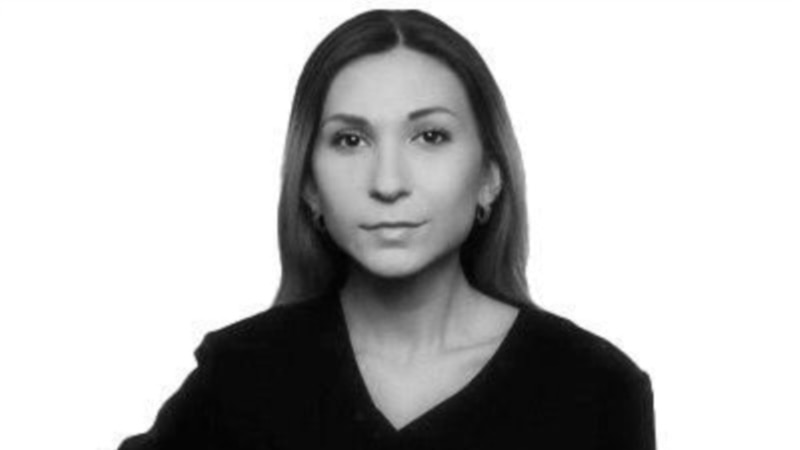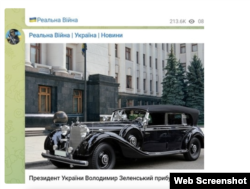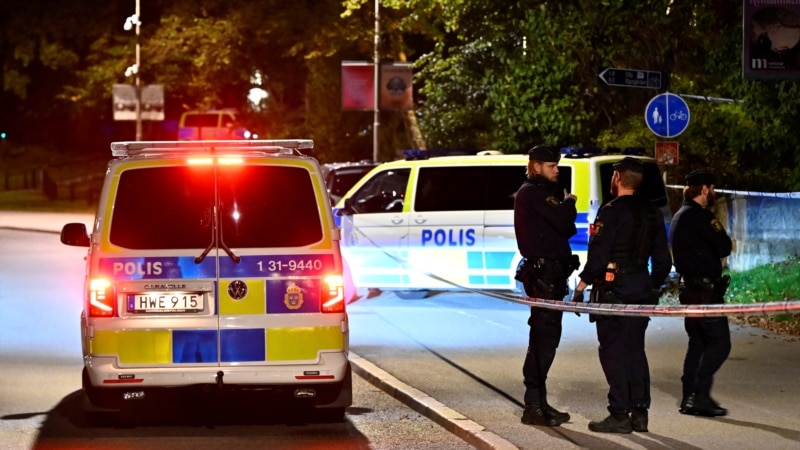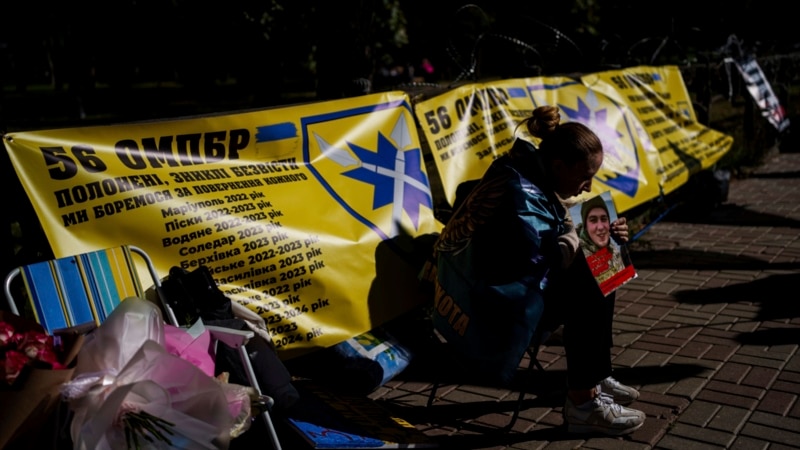For full coverage of the crisis in Ukraine, visit Flashpoint Ukraine.
The latest developments in Russia’s war on Ukraine. All times EST.
3:45 a.m.: Ukrainian Olympic canoer Yuri Cheban, who won Olympic gold in the 200 meters in 2012 and 2016 and bronze in 2008, is auctioning off his medals to raise money for the war effort.
“My Olympic medals won’t matter if Ukraine can’t stand for this fight for freedom and independence,” Cheban told The Associated Press. SCP Auctions, which is overseeing the sale, said it expects the gold medals to go for $75,000 each.
Cheban is donating the proceeds to the Olympic Circle charity fund, which is dedicated to helping the city of Mykolaiv, close to Cheban’s hometown of Odessa.
3:30 a.m.: President Vladimir Putin’s plan to make Turkey a hub for Russian gas in theory could allow Moscow to mask its exports with fuel from other sources, but that might not be enough to persuade Europeans to buy, analysts and sources who spoke to Reuters said.
Russia supplied 40% of the European Union gas market until Moscow on Feb. 24 sent tens of thousands of troops into Ukraine in what it calls a “special military operation.”
Since then, the West has introduced sweeping sanctions, including on Russian oil and gas, cut its purchases of the Russia-sourced fuels and sought alternatives.
After explosions — whose cause is under investigation — damaged the Nord Stream Russian gas pipeline system to Europe under the Baltic Sea, Putin in October proposed setting up a gas hub in Turkey, building on a southern route for exports.
Without being specific, Putin has said a hub could be set up in Turkey relatively quickly, and predicted customers in Europe would want to sign contracts.
3:15 a.m.:
3 a.m.: Four lion cubs have arrived at a Minnesota animal sanctuary after they were found orphaned during the war, The Associated Press reported.
Taras, Stefania, Lesya and Prada arrived at their new permanent home in the United States after spending three weeks at the Poznan Zoo in Poland.
“These cubs have endured more in their short lives than any animal should,” said Meredith Whitney, the wildlife rescue program manager at the International Fund for Animal Welfare.
2:43 a.m.: Russia’s Gazprom said it would ship 42.4 million cubic meters of gas to Europe via Ukraine on Thursday, a volume similar to those of recent days, according to Reuters.
2:18 a.m.: Geoffrey Pyatt, assistant secretary for energy resources at the U.S. State Department, said on Thursday he was confident that agreement would be reached on the level at which to cap prices for Russian sea-borne oil under a Group of Seven (G-7) scheme, Reuters reported.
Pyatt was speaking to reporters in Tokyo after a meeting with Japanese counterpart Ryo Minami. A former U.S. ambassador to Ukraine, Pyatt is in Japan to meet officials on aspects of energy security.
2 a.m.:
1:45 a.m.: The European Commission recommended on Wednesday that $13 billion in EU funds for Hungary be frozen because Budapest is falling short on its commitments to meet European rule of law, Agence France-Presse reported.
The EU executive said Hungary had in particular failed to make good on promised reforms to ensure a fair judicial system when it comes to prosecutorial decisions.
EU member states will now have until December 19 to vote on whether to back, reject or change the commission recommendation.
The commission’s blunt recommendation was foreshadowed, with Hungary under repeated criticism by Brussels for perceived backsliding on principles and practices underpinning EU standards of democracy and law.
Budapest has already been standing in the way of efforts to extend sanctions on Moscow — with which it has good ties and energy dependency — over Russia’s war in Ukraine.
1:16 a.m.:
1 a.m.: The U.N. Global Humanitarian Overview estimates that an extra 65 million people will need help next year, bringing the total to 339 million in 68 countries, Reuters reported.
That represents more than 4% of the people on the planet or about the population of the United States.
“Humanitarian needs are shockingly high, as this year’s extreme events are spilling into 2023,” said the U.N. Emergency Relief Coordinator, Martin Griffiths, citing the war in Ukraine and drought in the Horn of Africa.
“For people on the brink, this appeal is a lifeline.”
Over 100 million people have been driven from their homes as conflict and climate change fuel a displacement crisis.
Meanwhile, nine months of war between Russia and Ukraine have disrupted food exports and around 45 million people in 37 countries are currently facing starvation, the report said.
This year’s appeal represents a 25% increase compared to last year.
But donor funding is already under strain with the multiple crises. The United Nations faces the biggest funding gap ever, with its appeals only about 53% funded in 2022, based on data through to mid-November.
“Humanitarian organizations are therefore forced to decide who to target with the funds available,” a U.N. statement said.
12:30 a.m.:
12:01 a.m.: German energy giant Uniper said Wednesday it was taking Gazprom to an international tribunal over the Russian company’s failure to deliver gas, saying it has so far cost them $12 billion, Agence France-Presse reported.
After Moscow invaded Ukraine, Gazprom steadily dwindled pipeline supplies to Germany in apparent retaliation for Western sanctions on Russia, sending energy prices soaring.
Germany’s biggest gas importer, Uniper was left facing bankruptcy, prompting the government to say it would nationalize the firm over fears its failure could send shockwaves through Europe’s top economy.
The German company said it had begun legal action against Gazprom at a tribunal in Stockholm, claiming damages over gas that had not been delivered since June.
Some information in this report came from Agence France-Presse, Reuters and The Associated Press.

